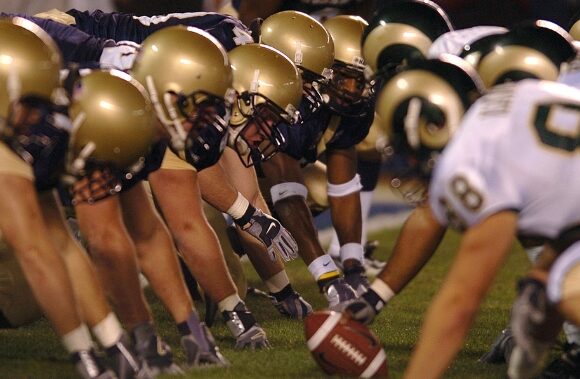The taxation policies regarding sports wagering in the United States vary among legalized states. The Supreme Court granted states the authority to consider legalizing sports wagering in 2018. Eleven states and the District of Columbia had embraced the regulatory characteristics and conditions associated with sports wagering within one year. Currently, 38 states in the United States have legalized sports betting.
However, each state is subject to a unique taxation rate. Their tax liabilities vary. From May 2018 onwards, according to data from the American Gaming Association, the total amount wagered by sports wagering companies in the United States has surpassed $220 billion. Consequently, the states have been granted a taxpayer revenue of $3 billion. State-by-state variations in tax rates continue to contribute to distinct figures.
In order to gain insight into the taxes imposed in the legalized states, AskGamblers utilized information obtained from the American Gaming Association. It was found that tax cuts vary across states, with the degree of market size and regulatory complexity serving as determining factors.
The region with the highest tax rates on sports wagering is the Northeast, with Nevada having the lowest tax rate. Additional states that impose reduced tax rates include Iowa and Indiana. Before 2020, these jurisdictions regulated sports betting. Similar to Nevada, Iowa charges 6.75%, the lowest rate. Certain jurisdictions, including Tennessee, impose a tax charge of 1.85% on the amount wagered and the handle of the wager. In specific jurisdictions, the tax liability is determined by whether the sports are conducted in-person or online. New York and New Hampshire impose the most onerous taxation rates on online sports wagering, amounting to 51%.
In New Hampshire, where sports betting was legalized in 2019, DraftKing is the sole regulated sportsbook. Between July 1, 2022, and June 30, 2023, online gross gaming revenues totaled $69 million; the state received $31.7 million.
The taxation rate in Michigan is 9.65% on online sports wagering. The state introduced regulated online sports betting on December 20, 2019. The tax collection contributes towards the School Aid Fund, along with $2 million being handed over to firefighters with cancer.
Indiana charges a tax rate of 9.5% and was regulated in terms of online sports wagering on May 13, 2019. The taxes collected go to the state general fund and responsible gaming on online sportsbooks.
South Dakota levies a tax rate of 9% on online sports betting and became legal in the field of online sports betting in 2021. The proceeds from collecting taxes feed multiple programs introduced by the state.
Iowa charges 6.75% in taxes on online sports wagering, and the state got regulated on May 13, 2019. The tax amount is aimed at the state general fund.
Nevada has a minimal 6.75% tax rate on online sports betting, and the state has had a regulatory framework in place since 1949. While directing tax revenue to the state general fund, emphasis is maintained on education and healthcare.









